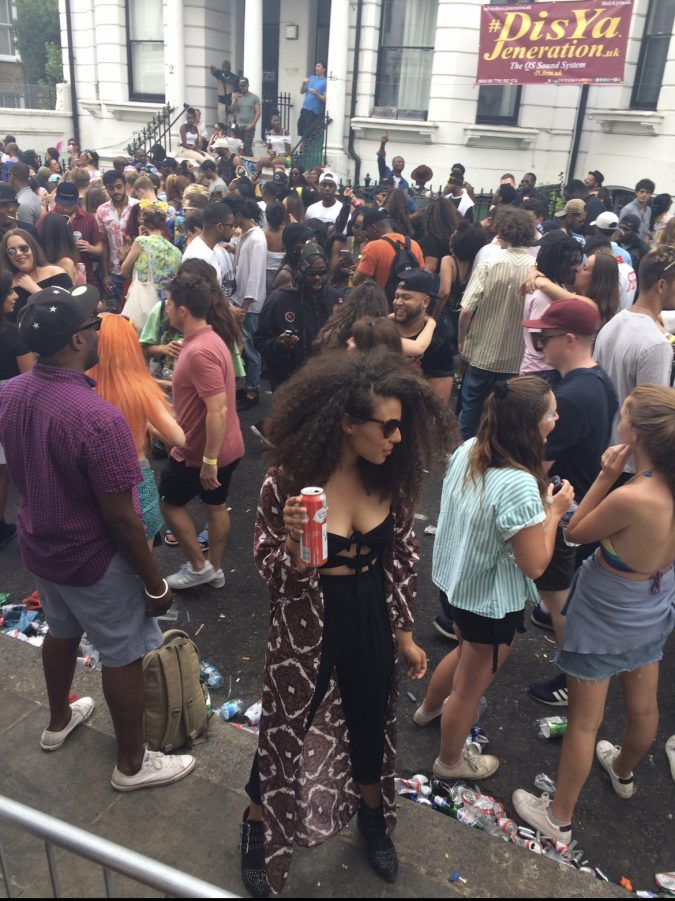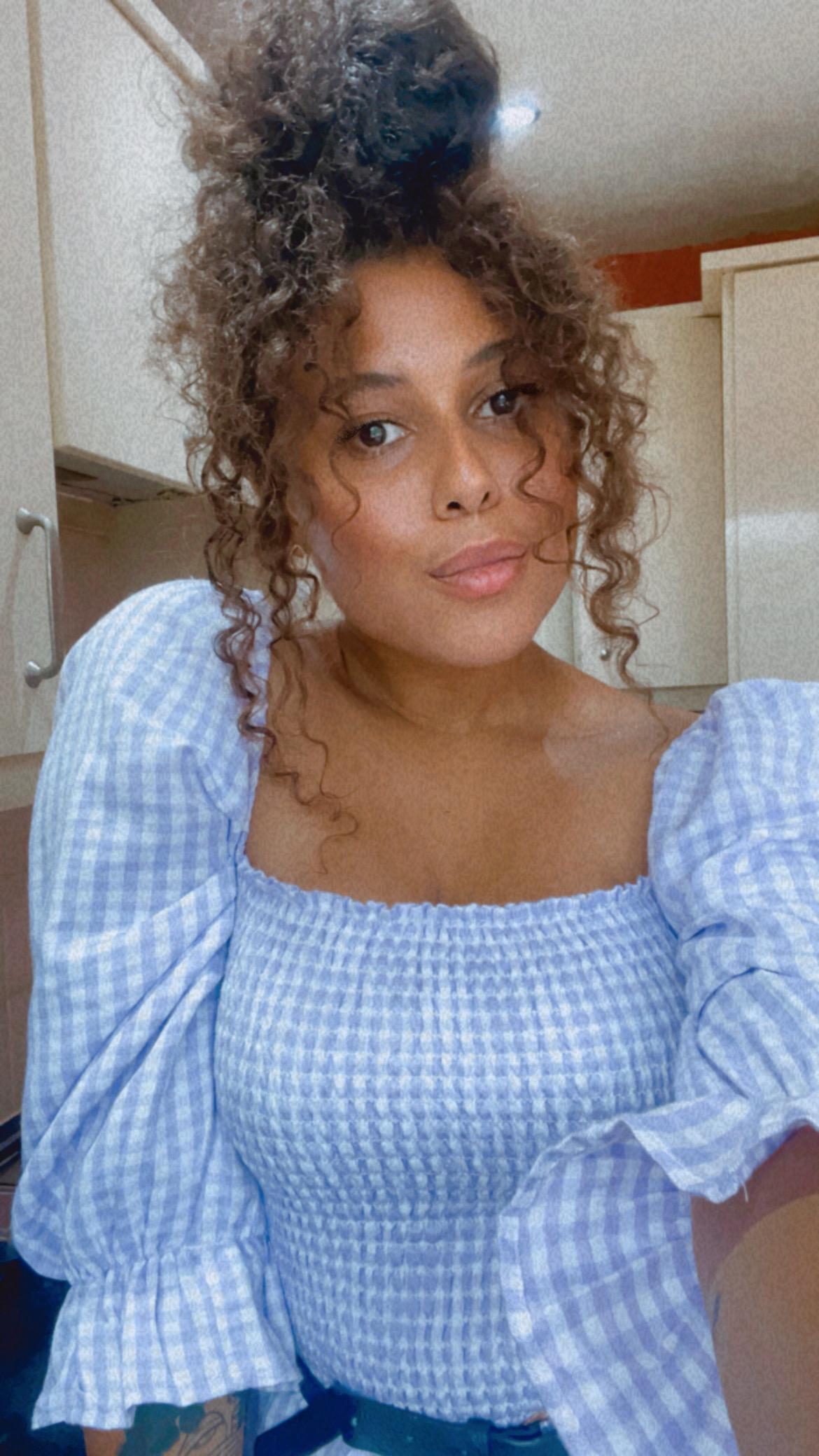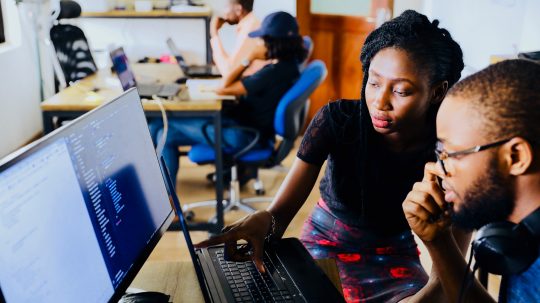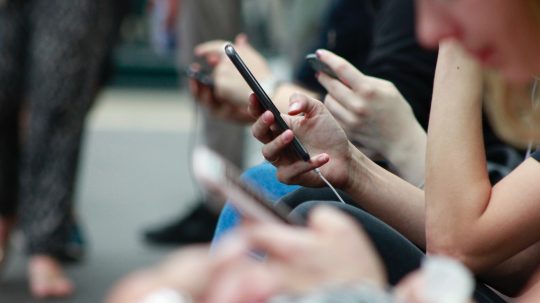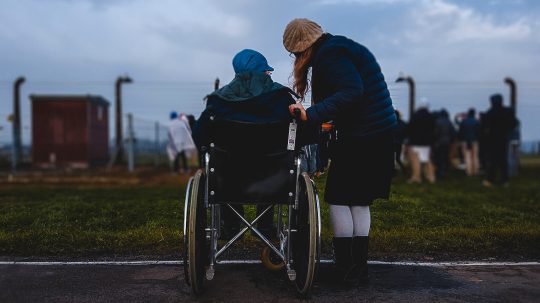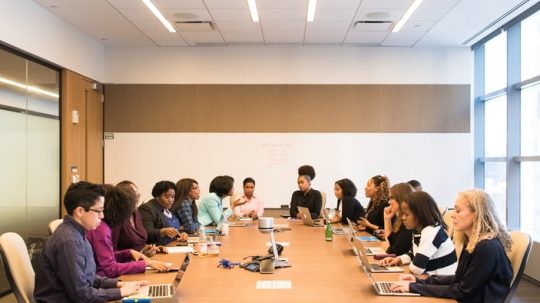Every year, my brother, my best friend and I embark on a pilgrimage. Backpacks brimming with impractical outfits, comfy shoes and cheap Northern-priced rum, we migrate from Sheffield to the streets of Notting Hill for the August bank holiday. We follow in the footsteps of our ancestors who, since 1959, have been paving the way, creating a space borne out of protest and activism where we can unapologetically and defiantly celebrate our culture, our heritage, our existence, for one weekend every year.
Carnival can best be described in the way it makes you feel, physically and emotionally. The bass of the sound systems causes the streets beneath your feet to hum with good vibrations. The bitter taste of the lukewarm Red Stripe you’ve begrudgingly paid double the Northern price for, after finding your rum-filled water bottles went down a little too quickly. The luring scents of jerk – a potion of cinnamon, garlic, scotch bonnets, all-spice, onion powder, ginger, pimento and thyme – that beckon the drooling to the aunties selling street food. The full-body tingle that courses through your skin when you feel a sense of unquestionable belonging. Carnival makes my soul smile.
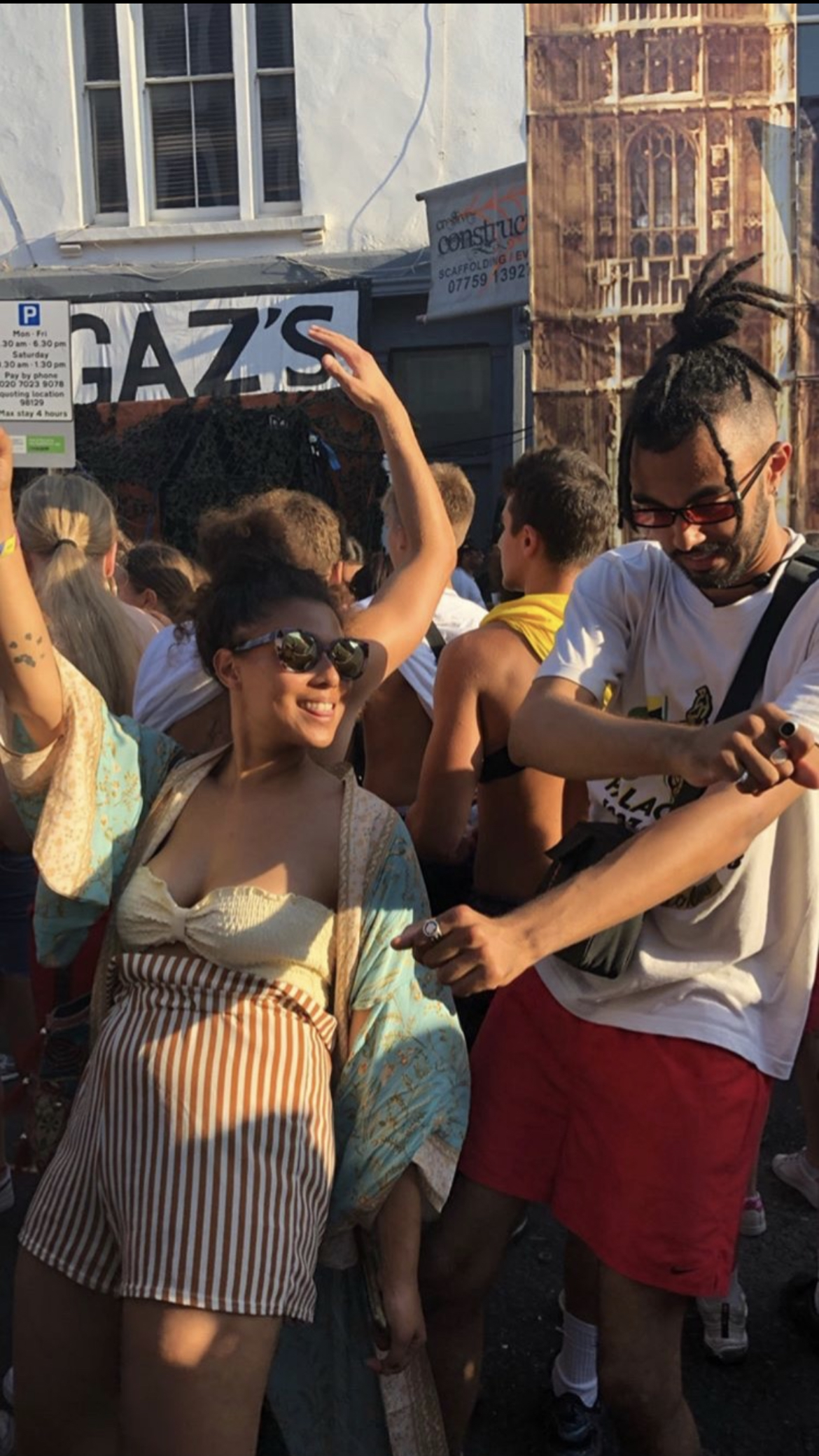
Credit: Evie Muir
As a mixed girl of Jamaican heritage growing up in the white, working-class town of Doncaster, the first place I felt like I knew myself was at Notting Hill Carnival. Amid a sea of other brown, beaming faces who look like mine, with hair the same texture as mine, I am the most myself I have ever felt. My sameness, the anonymity of solidarity makes me feel safe. If this life is nothing more than a glitching racing game on a dated console, where each year we circle the same tired track, then Carnival is my annual pitstop. A place to refuel, just for a day, maybe two, before heading back up North.
It equips me with the resilience I need when being the token Black friend in an all-white friendship group, the one employee of colour across multiple workplaces, the unexpected brown face in a Peak District pub. It emboldens me to handle overt racism and microaggressions, to advocate for myself and others in my activism on racial justice every day.
I have not been able to recharge, to be my most whole self, in two years. Over two consecutive summers, I, like many others, have been in mourning in a way not dissimilar to losing a loved one whose mere existence influenced the person you are today. The melancholy feels confusing, misplaced, yet I feel it all the same, as once again Notting Hill Carnival has been cancelled.
This past year and a half, for me, has been defined by the weight of defeatist disappointment at the hands of a government I didn’t vote for. That self-annoyance at hoping, even expecting them to do the right thing in the face of injustice. I found myself muttering frequently “of course they haven’t” upon hearing, for example, the news that the borders weren’t closed to those travelling from countries with the Delta variant or that schools weren’t closing despite the protests of teachers.
“Of course they haven’t”, I heard myself think, when I saw that not a single by-and-for cultural event which centred artists and audiences of colour was on the list of festivals and public events that were being protected under the Government’s Events Research Programme. This kind of discrimination, in breach of our rights, is just what our government does.
From forbidding Eid celebrations but permitting Christmas, to prohibiting protests and vigils but allowing crowds to watch the football, we have seen how hypocritical and discriminatory the government’s politicised approach to events has been.
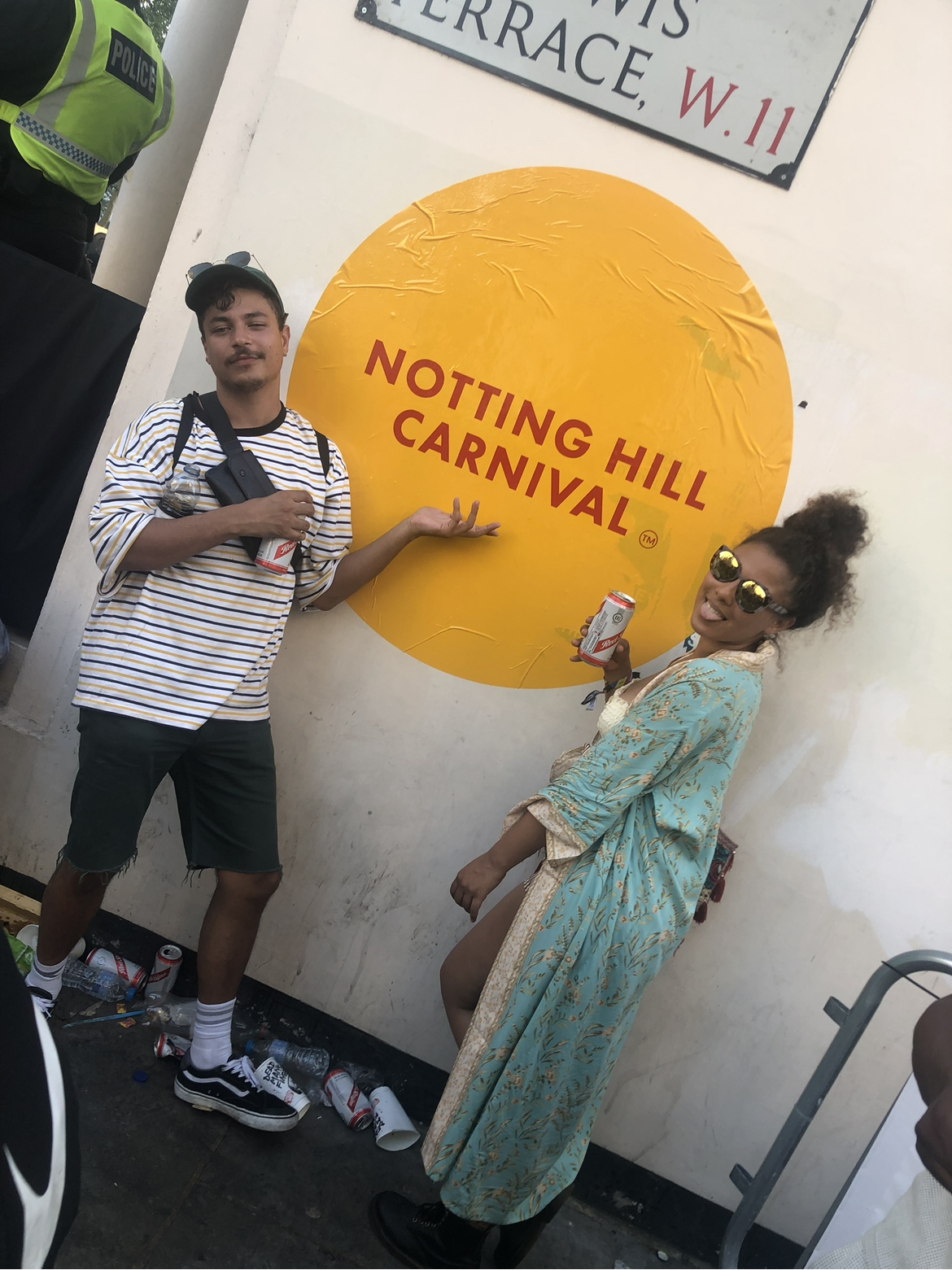
Credit: Evie Muir
It also speaks to racism within the arts and culture sector. Through my community work, I witness how the mainstream, white-owned, white-marketed events and organisations get the lion’s share of the funding, attention and support. Grassroots, Black-led organisations once again must fend for themselves, because we have no other choice but to do so. Our events, founded upon a legacy of activism, struggle and community, cannot – and must not – be moulded compliantly to the model the state offers us. This model is built on a cooperation that directly contradicts the ethos of grassroots mobilisation and forces us to comply, to work with systems whose historic and contemporary oppressions are the reasons why we must exist in the first place.
It’s a double-edged sword. Arguably, the Black community have lost – lost access to a celebration of our culture; lost a weekend of solidarity and belonging; lost income for the independent Black-owned businesses and vendors who line the Notting Hill streets (and our stomachs!); and lost Black joy in a year which inflicted so much racial trauma.
However, for the Carni we know and love to continue in its current form would be unthinkable. In a year when we know that “BAME” communities have been more impacted by Covid-19 than others, it seems unethical and counterintuitive to be inviting our people to a space that could potentially be unsafe, even life-threatening.
For Carni to prevail, the only option would have been to adapt, and, in doing so, to undermine its own values, because its activism is non-negotiable. Carnival is a free, open and ticketless district-wide event. That’s its beauty. Its vast, unstructured freeness offers safety. To participate in the Events Research Programme would be a logistical and ethical minefield to navigate. It would require a ticketed event, with volunteers placed at every plausible entrance into Notting Hill verifying people’s Covid passes, surely? Doing this would mean greater state involvement, authorised police presence, structure, rules.
For those like me – mere Carni-goers who crave a space allowing us to be nothing more than care-free and Black – a structured event would feel restrictive. To be herded into queue upon queue like cattle, subjected to bag checks and sniffer dogs like the common criminals that we’re so often portrayed as would dehumanise the humanising.
Granted, we may have been permitted to have our organised fun, but in a year that forced us to interrogate what we need our freedom to be, we must learn not to negotiate its price. So, with a heart filled with grief, I, along with many other Black Brits across the country, accepted another year without Carni.
There may be no simple solution to returning to mass events after lockdown, but the way forward must be a whole lot fairer than what we have seen so far. For that to happen, we need to see an anti-racist approach across all the institutions involved, starting with the government.
The views expressed in this article are those of the author and do not necessarily reflect the views of EachOther.
About ‘The Inspired Source’ Series
This series is part of our work to amplify the voices of aspiring writers that are underrepresented in the media and marginalised by society. Each piece examines a human rights issue by which the author or their community is affected. Where possible, authors outline a position on how we might begin to address the issue. Find out more about the series and how to send us a pitch on this page.

